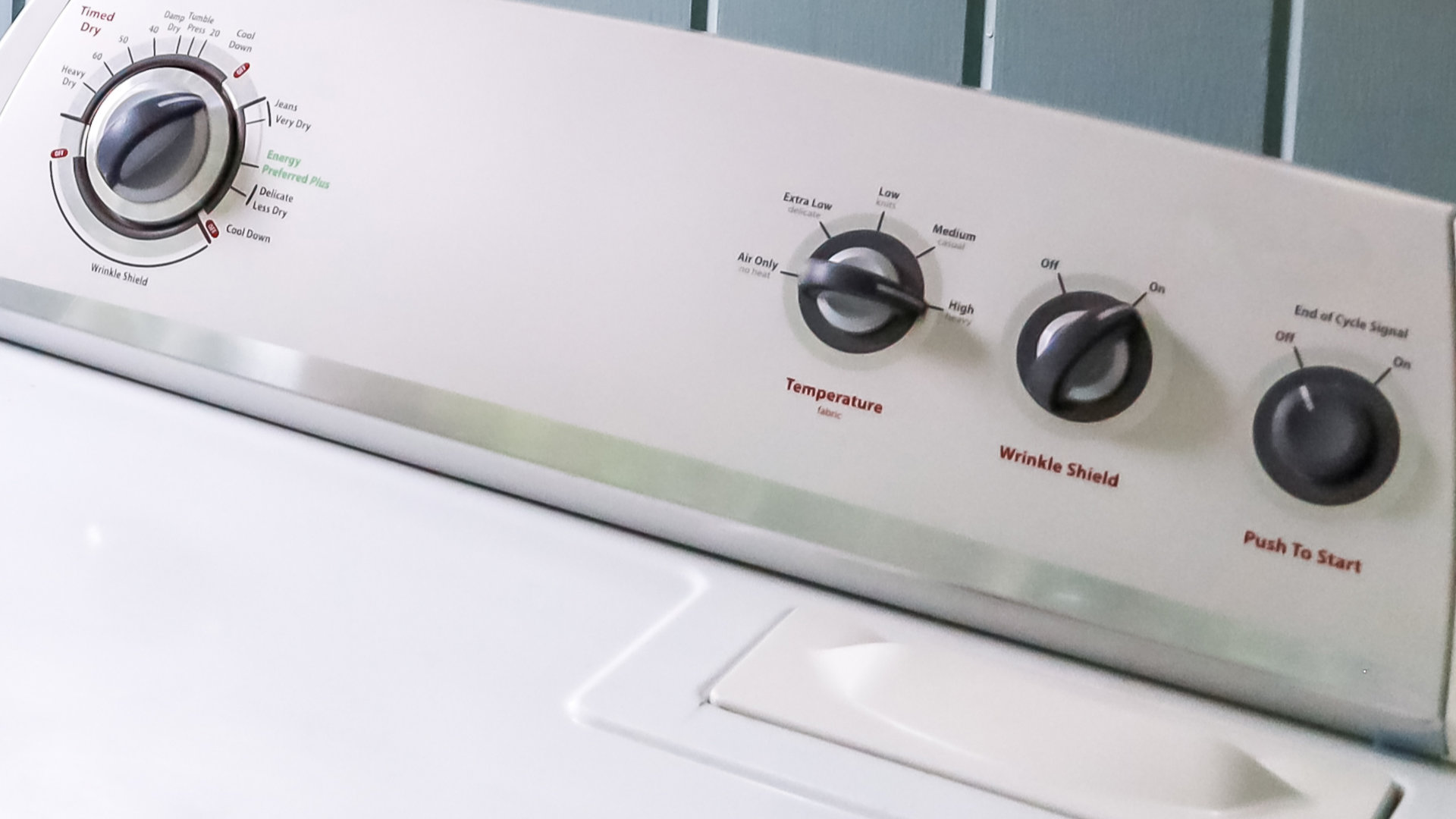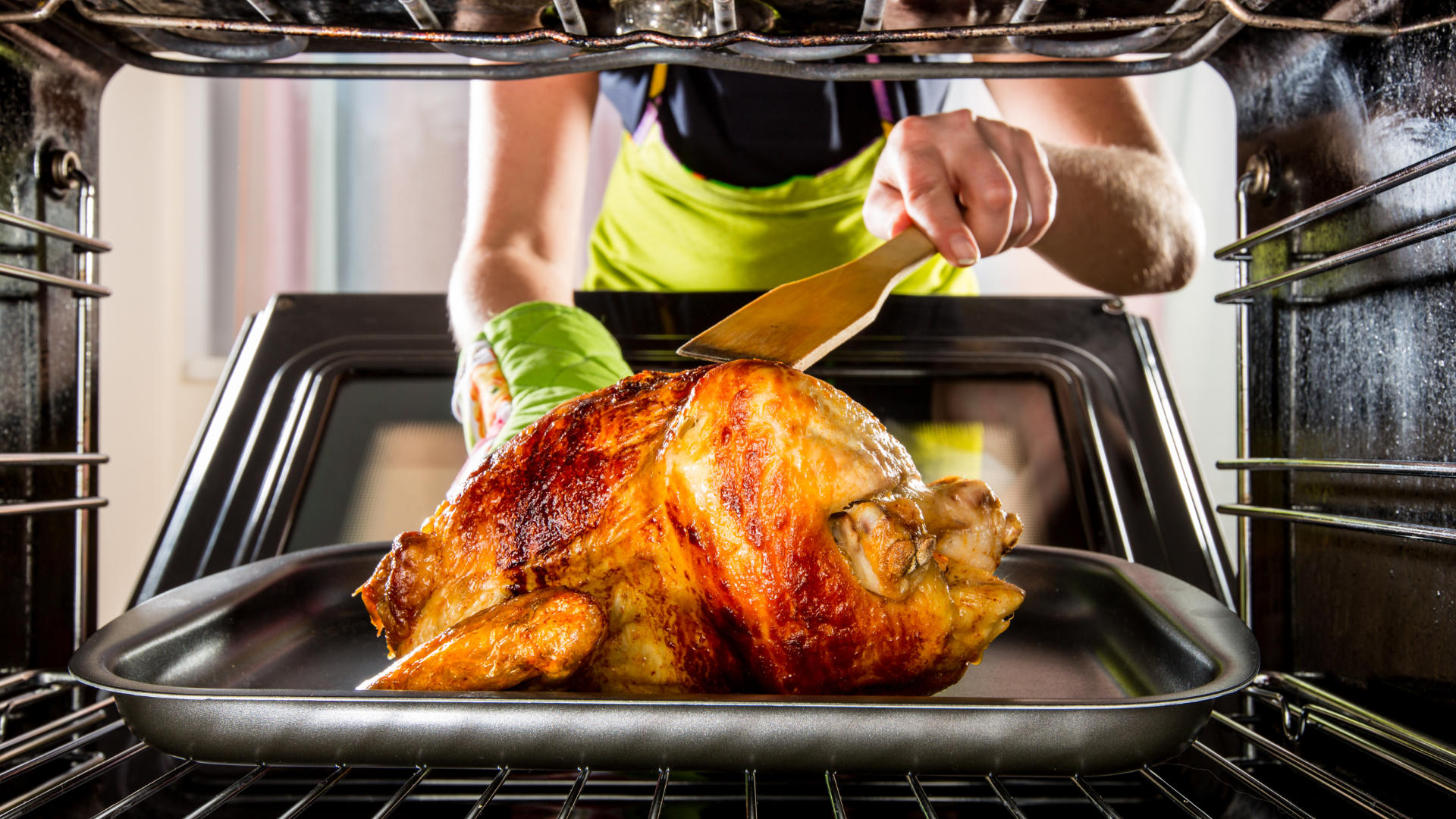
Humming, clicking, rattling, whirring, hissing, buzzing – You can hear these noises all over, but they may not be noises you want to hear coming from your oven. As it heats up and cooks your food, your oven does so relatively quietly. Any odd or sudden noise can be a huge worry since the appliance can produce over 500 degrees of heat. You don’t want it to become a hazard in your kitchen, and if you ignore some odd noises, it can be. If your oven is sounding a bit odd, here is what you might want to keep in mind.
Normal Oven Noises
While an oven is pretty quiet, if you are listening to it, some sounds are perfectly normal. Humming is a normal sound to hear, particularly if you have fans running inside it. Even without any fans, ovens typically make a dull hum from the power needed to run it.
Hissing, if you have a gas oven, is also very normal. What you are hearing is the gas being released. It will soon be ignited so that it produces the heat. The problems come when you start hearing that gas go boom or if you can smell the gas.
If you hear single clicks, this is normal as well. Typically, this is the temperature control kicking on. If the oven gets too cold, it will turn on the heating systems again to heat it back up. These can sound much like a little click.
Finally, you will also want to consider if the noise is coming from the items in the oven. Sometimes sheet pans can make a loud pop if they heat up too quickly. You will also want to consider if the noise is just oil popping rather than the appliance making sounds.
Your Gas Igniters Are Dirty
If you have a gas oven, there may come a day when your oven is preheating and you hear a small, but terrifying boom. When this happens, you need not fear the worst, but shouldn’t ignore it either. What this boom means is that the gas has ignited. However, instead of igniting right away, it filled the oven tub and eventually the igniter lit it.
What this boom usually means is that the oven ignitor is getting weak. It is still letting out gas, but the ignitor is not getting hot enough, fast enough to ignite the gas right away.
If you are having this issue, it is strongly recommended that you replace the ignitor.
Your Convection Fan is Loose
While this isn’t applicable to ovens without a convection setting, if your oven does have one, your fan can cause noise. The convection fan essentially sucks in hot air and recirculates it so that the heat is completely even throughout the appliance. This can be great for cooking food on multiple racks. However, as this process does use a fan, and a fan’s motion can loosen the bolt in the center of it. Once this bolt comes loose, you will start to notice an increasingly loud vibration noise. Eventually it will turn into full on rattling if the fan is about to come off completely.
You can troubleshoot this by turning off the convection fan and seeing if your oven quiets down. If it does seem likely that this fan is the cause, you can access it through the back of your oven. In many cases, all you need to do is tighten the bolt in the center. However, if it keeps coming loose, you may need to replace a stripped bolt.
It should also be mentioned that it is not just that center bolt in your convection fan system that can cause noise. The bearings can also start to squeal and squeak as they wear down and age. Again, if you shut off the convection fan, this will give you a great idea as to if the noise is a convection issue.
Your Cooling Fan is Loose
Unlike the convection fan that is located in the back of your oven, the cooling fan is located at the top. This fan helps your oven cool down faster after use. However, because it is at the top of the appliance, gravity is working against it. You may start to hear squeaking as the fan rotates. If it is the cooling fan, you will only hear noise at the end of your oven’s use as the cooling fan actually kicks on. In most cases, all you need to do is add a little lubrication to the spindle of your cooling fan. It can end up drying out up there frequently.
A Body Panel is Loose
This can be a common issue following other oven repairs. You open up a panel on the oven, make your repair, but when you close it up, it is not tightened enough. Your oven doesn’t seem like it has much motion, but you will discover how much vibration happens when a loose panel starts rattling up a storm.
If you have had to do some oven repair or recently had some done, go and make sure the removed panel is fully tightened and secured. If the rattling sounds like a loose panel, but you haven’t had any repair, you will still want to check. Over time, some of these screws can come loose and it would be a shame to call for a repair when the issue was just tightening a screw somewhere.
Door Lock Is Loose
You will likely know if the door lock that actually latches the door is loose. It will likely rattle a bit every time you open your oven door. However, you are most likely to hear it when you turn on the self clean. This lock is necessary for your safety, but self clean can produce quite a bit of vibration that will induce noise from the engaged lock.

How to Reset a Whirlpool Refrigerator Ice Maker
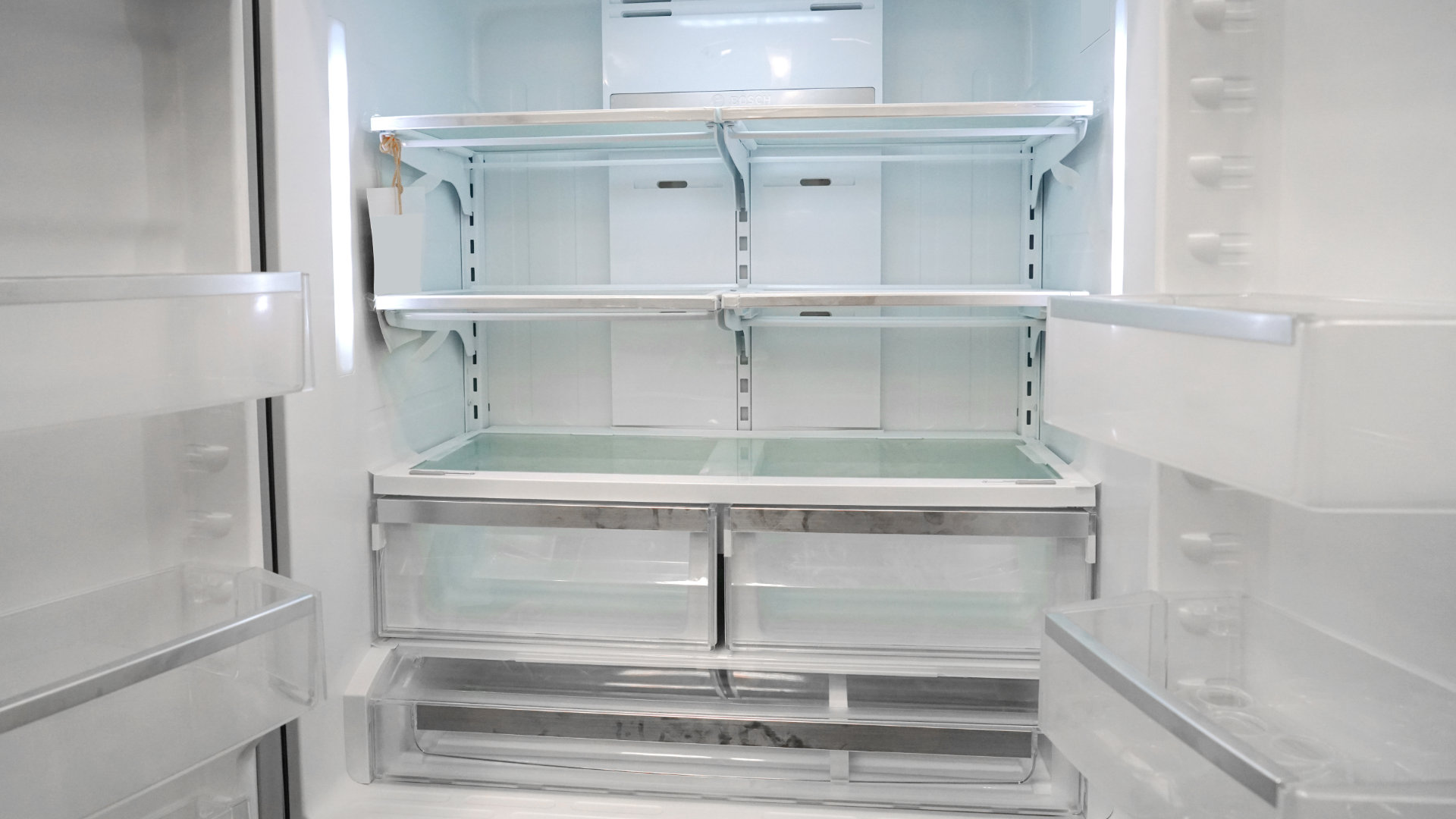
6 Reasons Your LG Refrigerator Is Not Making Ice

Kenmore Fridge Ice Maker Not Working? 5 Ways to Fix It

How to Remove Fish Smell from Your Refrigerator
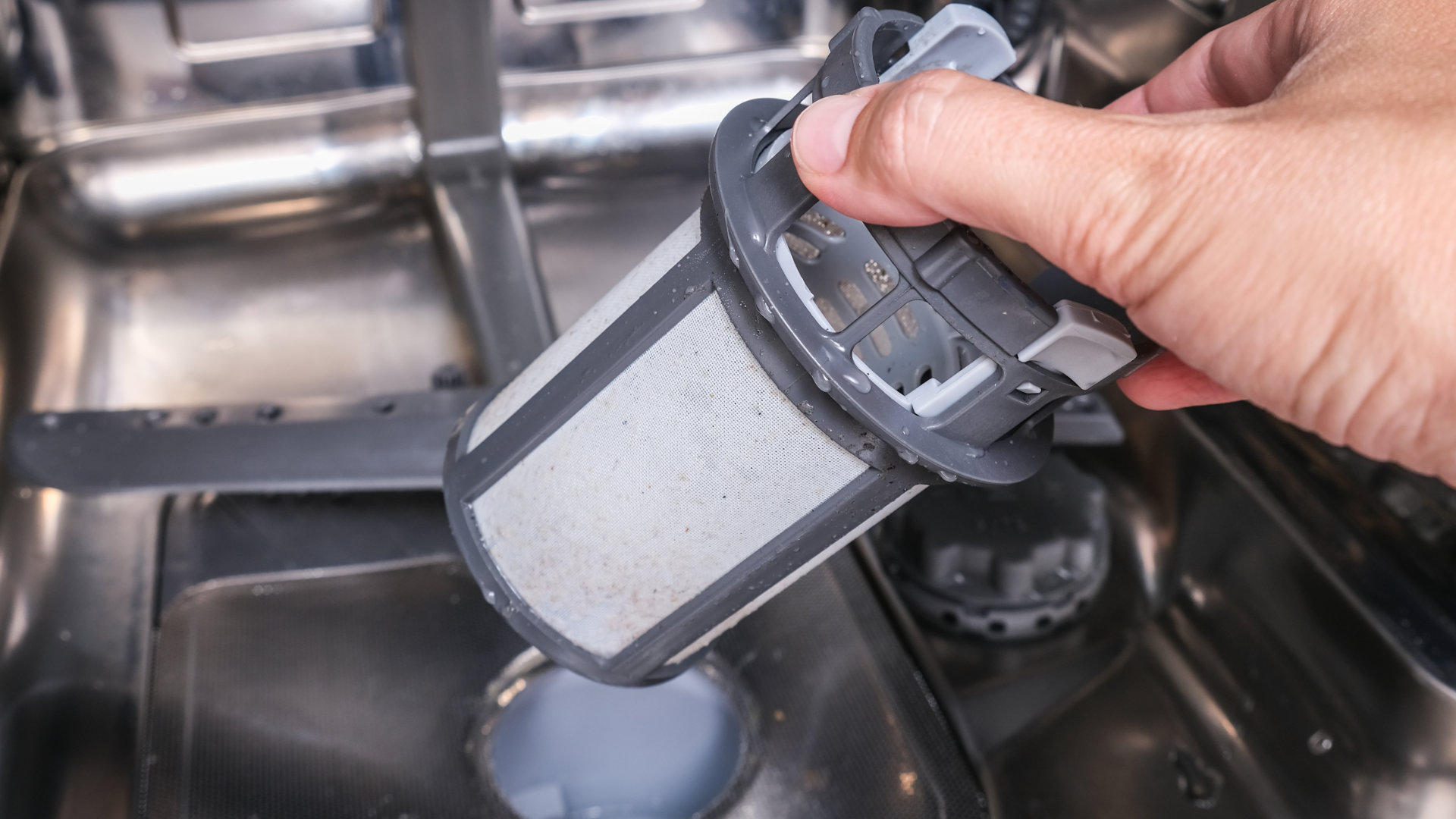
How To Fix Bosch Dishwasher E24 Error

Troubleshooting a Whirlpool Dishwasher Not Draining
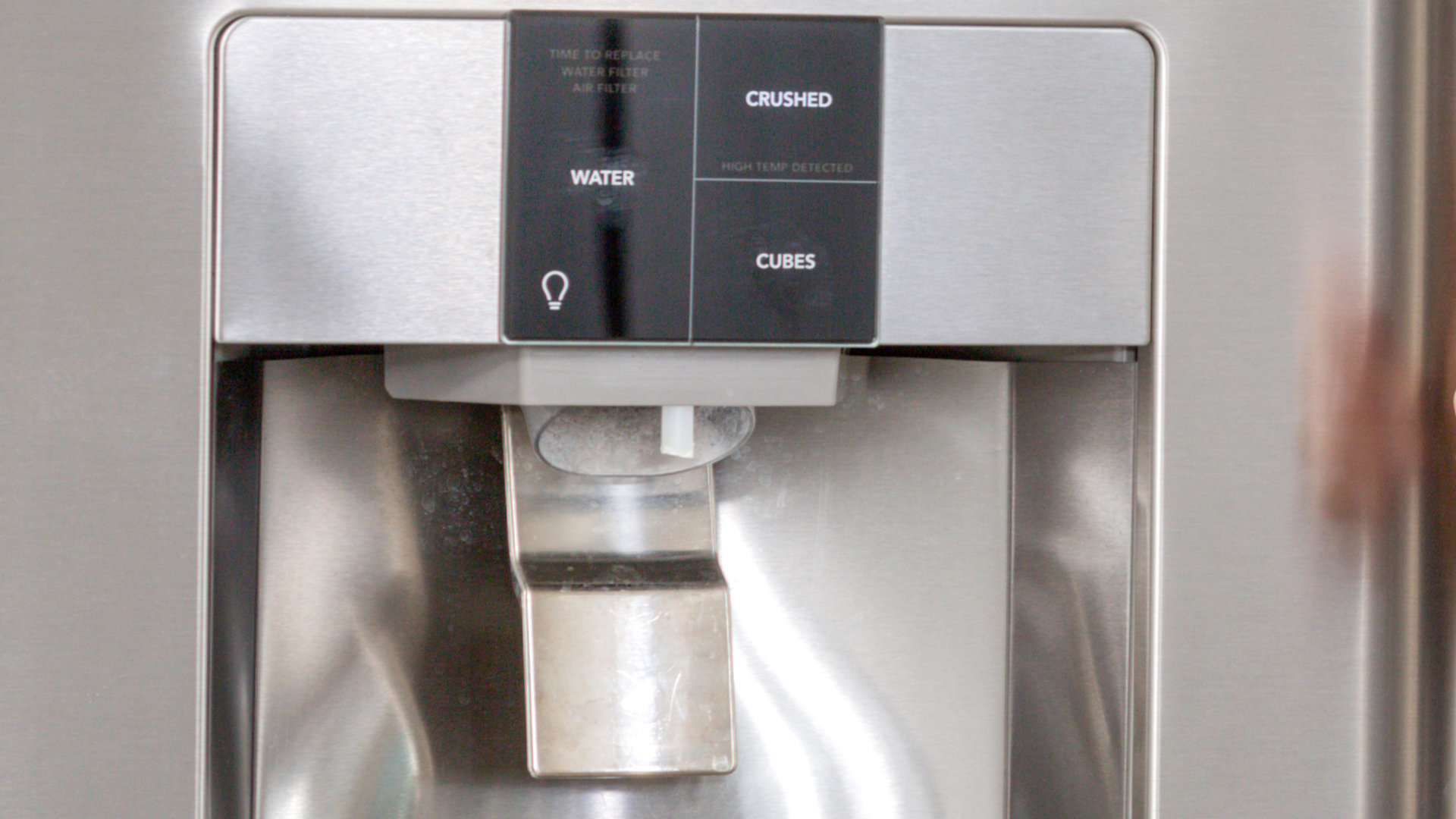
Why Is Your Fridge Water Not Working, but Ice Is?
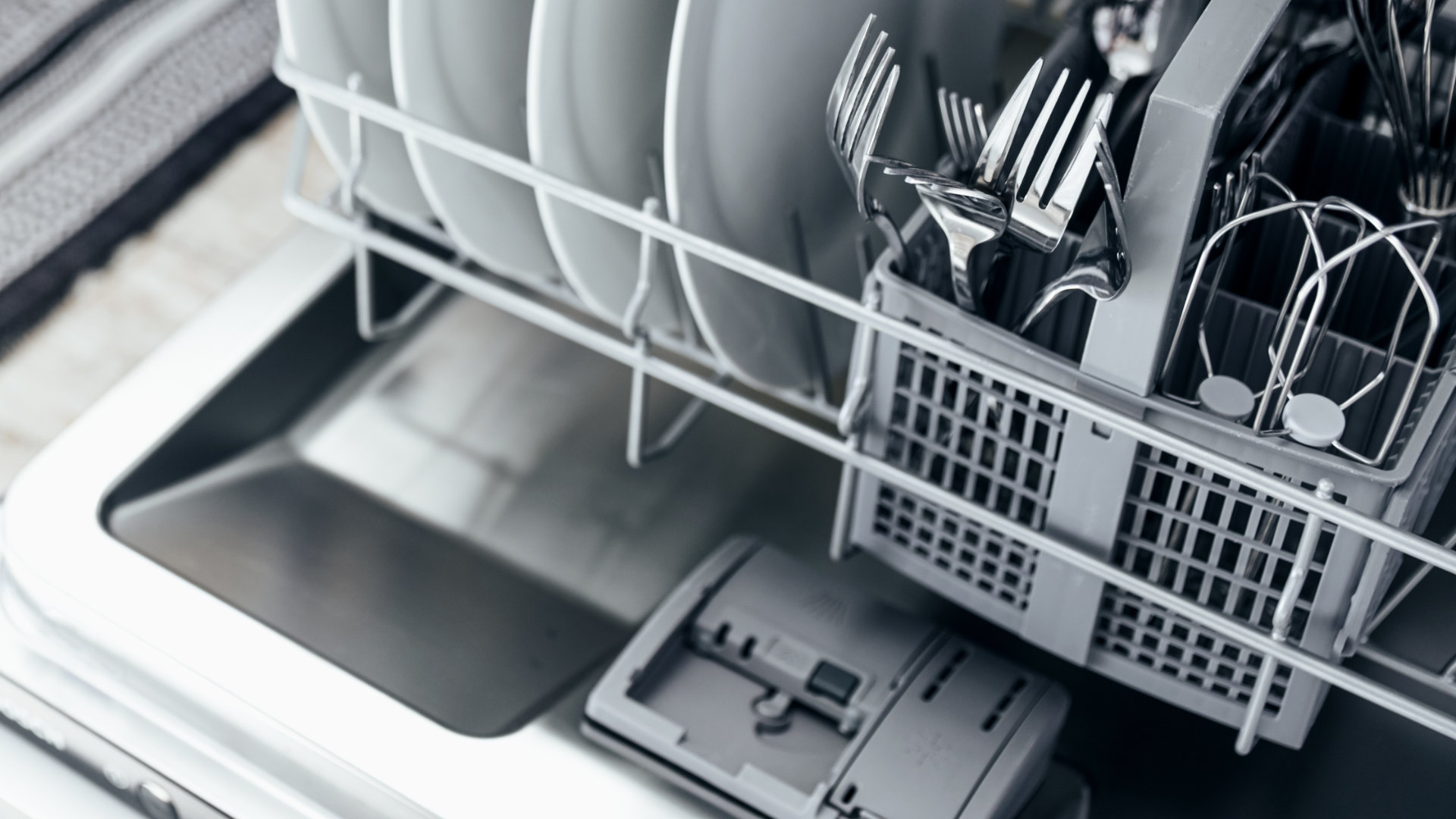
How to Fix the E15 Bosch Dishwasher Error Code
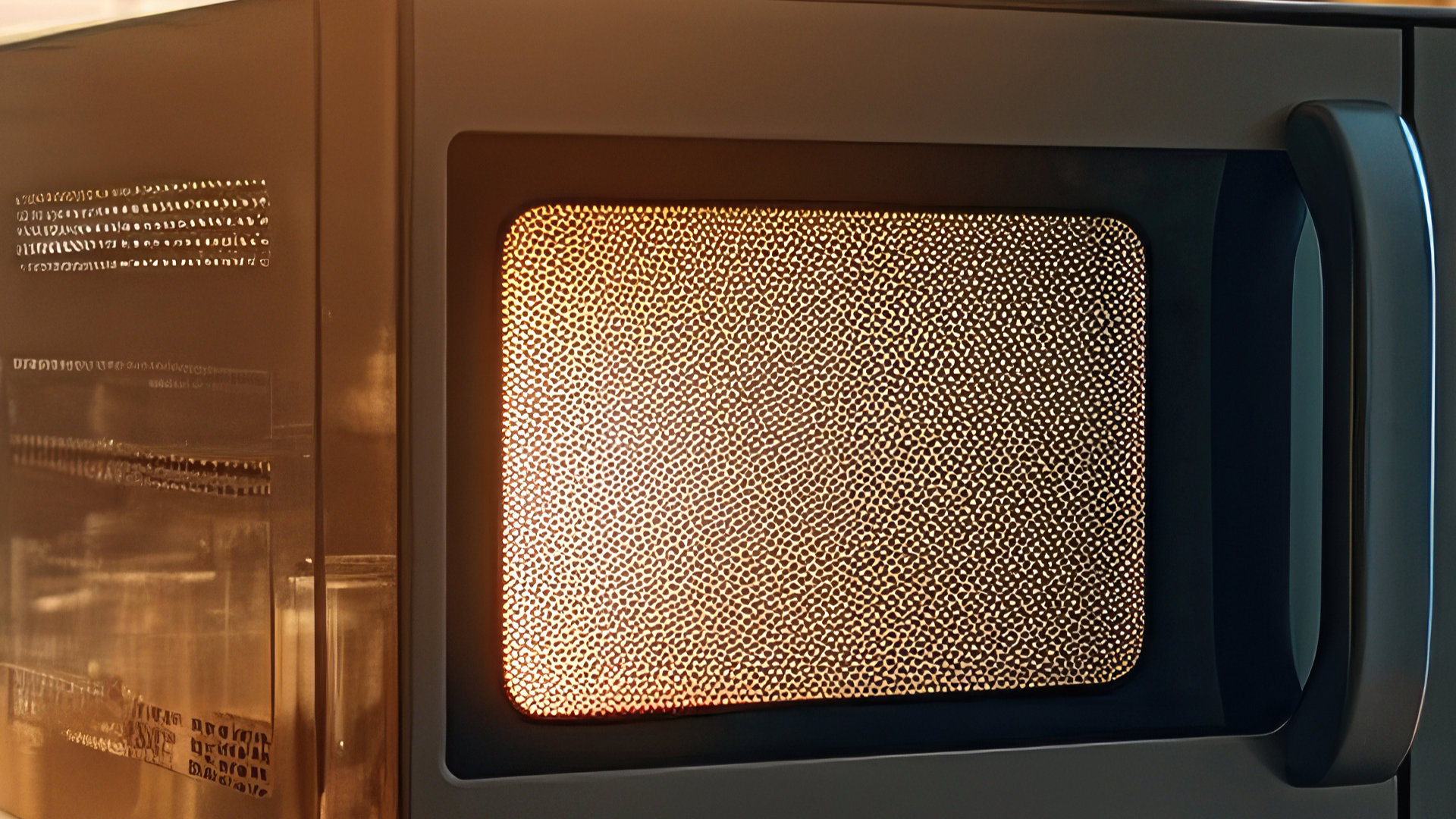
How Much Power Does a Microwave Use?
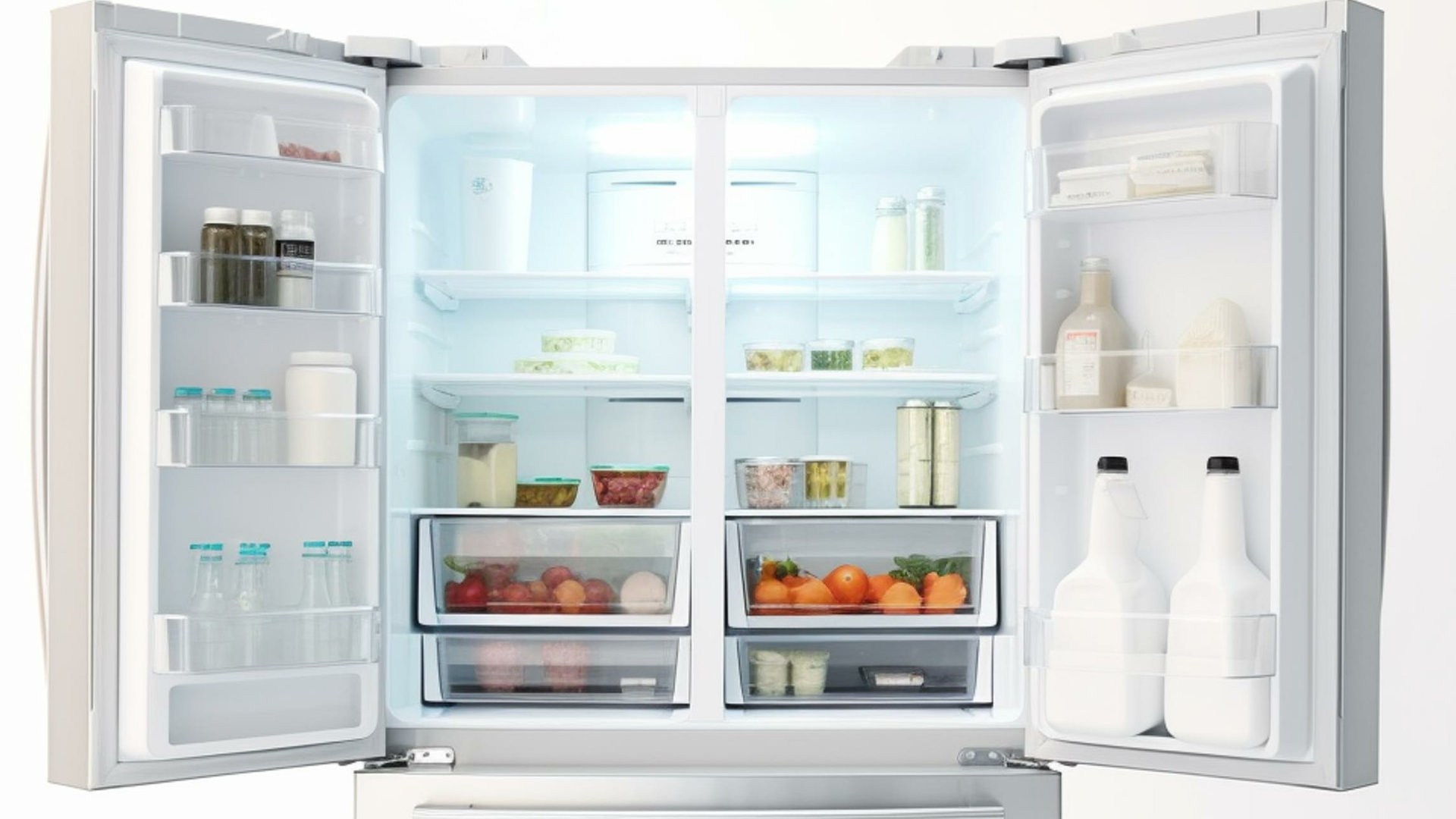
How to Properly Clean Refrigerator Coils
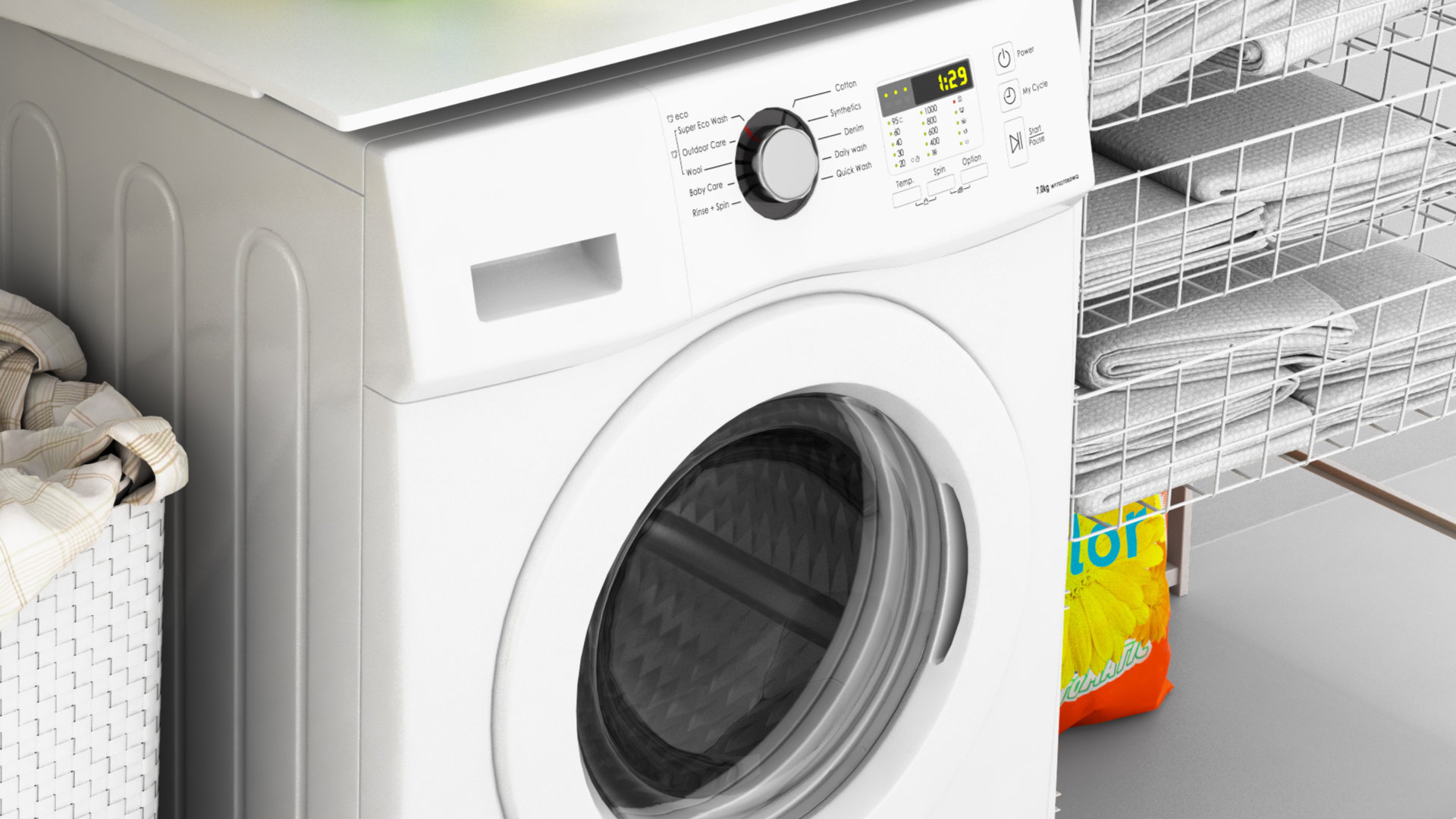
How to Fix an LG Washer Showing OE Error Code
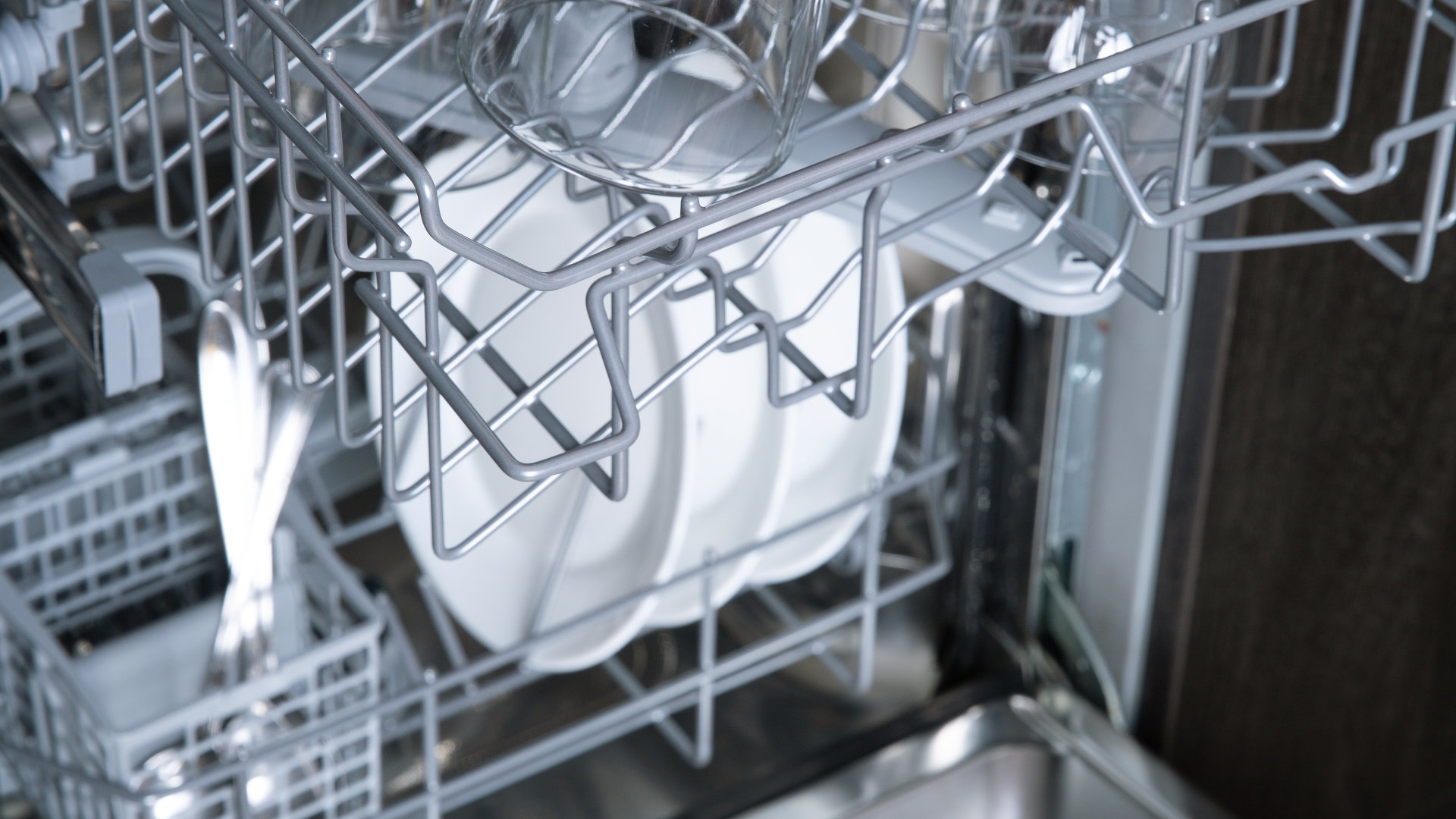
Troubleshooting a GE Dishwasher with No Power and No Lights
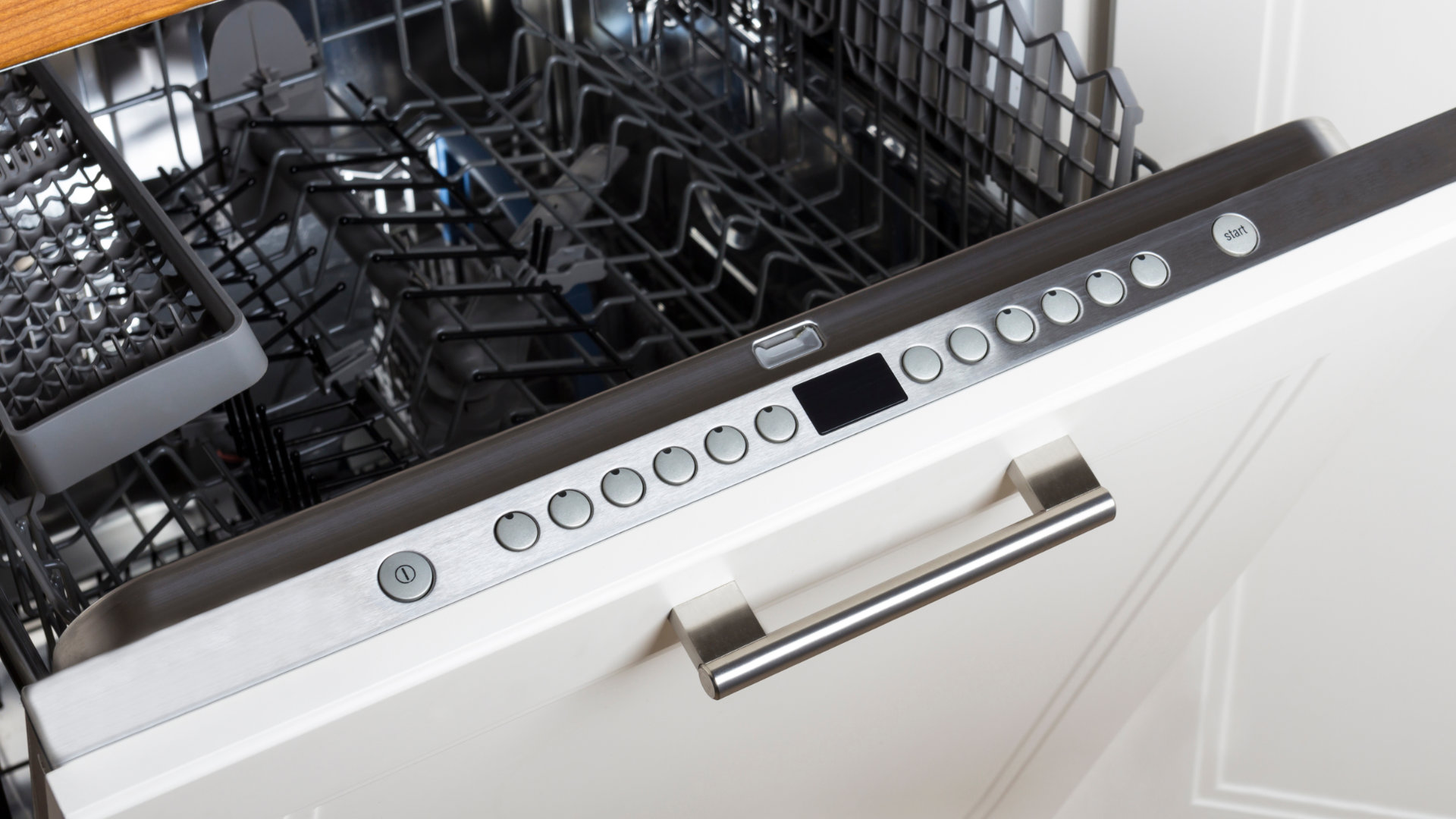
10 Reasons Why Your Bosch Dishwasher Won’t Start
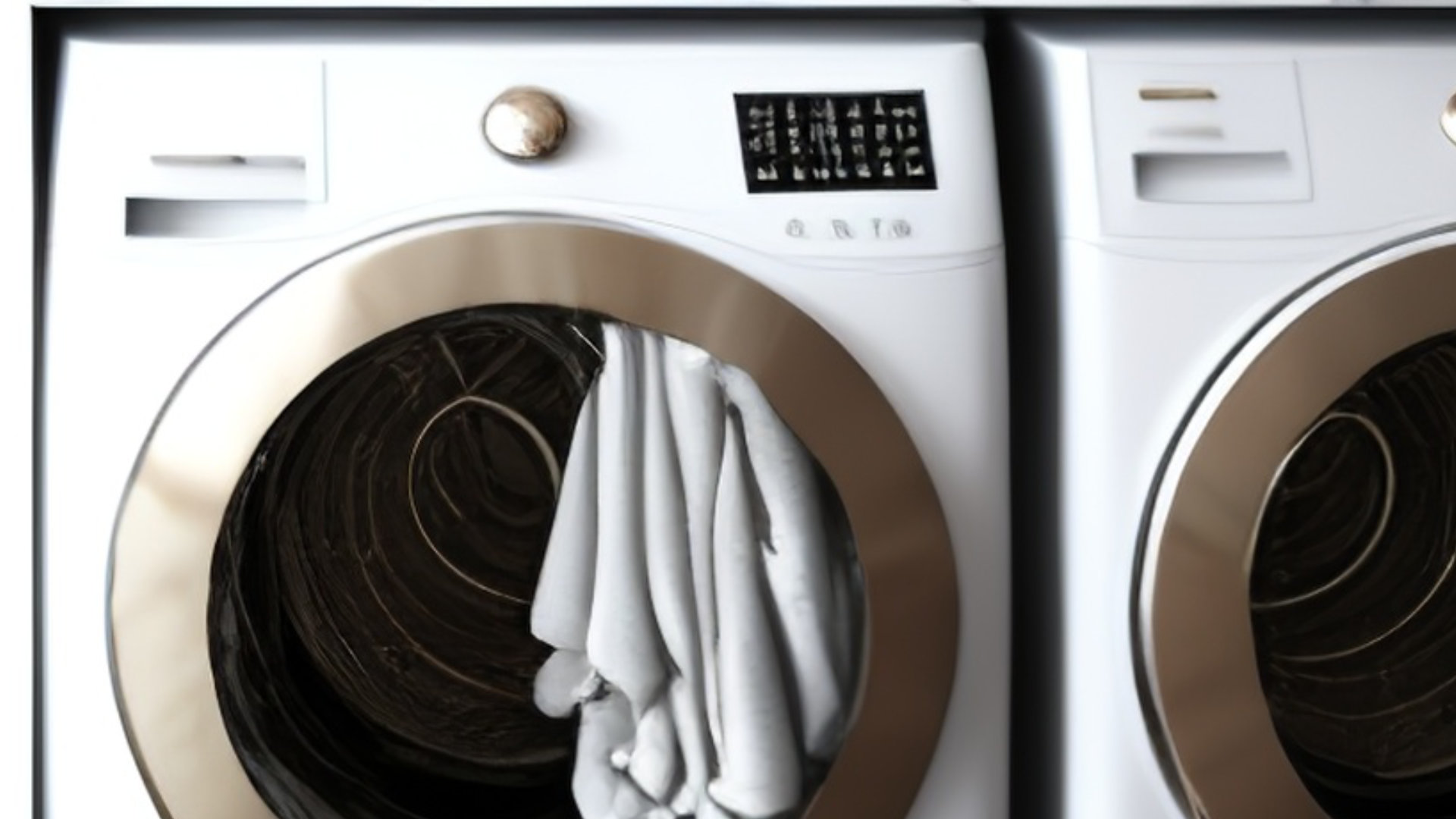
Troubleshooting the F5 Error Code with a Maytag Washer
